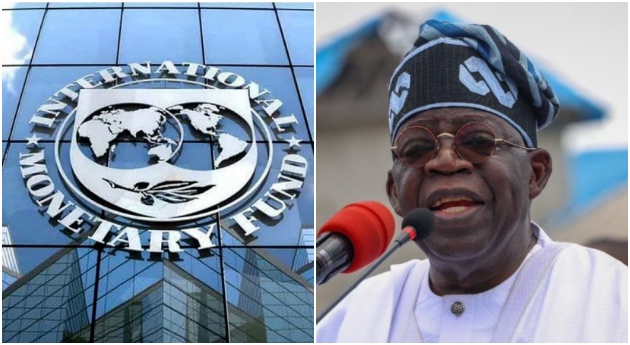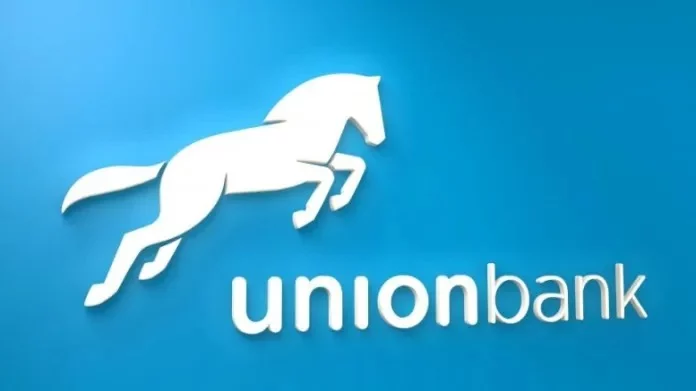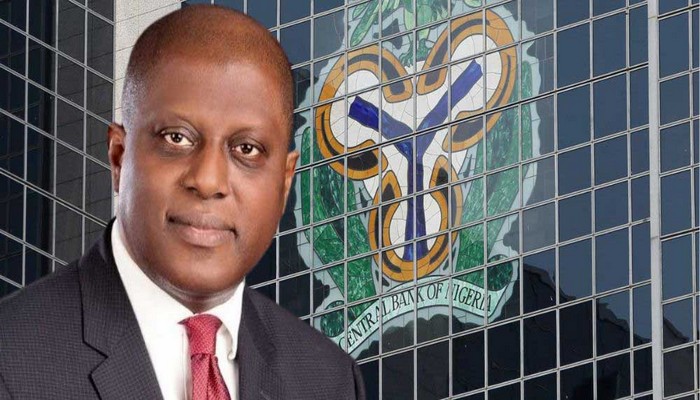
The International Monetary Fund (IMF) has stressed that Nigeria must raise more domestic revenue, improve its budgeting process, and expand cash transfers to lift millions out of poverty, despite early signs of progress from recent economic reforms.
IMF in an article by one of its staff member said the country had taken bold steps since 2023 to address deep-rooted problems, including chronic fuel subsidy costs, a distorted foreign exchange market, and weak public finances.
But it warned that while reforms were starting to yield results, such as improved foreign exchange access, stronger reserves and renewed investor confidence, widespread poverty, high inflation, and poor infrastructure continued to hold back growth.
“Making growth more inclusive also requires scaling up the existing cash transfer system,” the IMF said in its 2025 Article IV consultation report.
The Washington-based lender noted that Nigeria’s real per capita GDP shrank on average between 2014 and 2023, and that 42 per cent of the population lived in poverty last year. Meanwhile, inflation remains above 20 per cent, and power supply constraints continue to hamper businesses.
The IMF said public spending remains constrained because a large share of revenues is used for debt servicing, leaving little for investment in people and infrastructure.
It urged the government to build a more effective budget framework with realistic assumptions, tighter spending controls, and transparent reporting.
“Delivering effective investments in people and infrastructure requires realistic budget assumptions, strong expenditure management, and transparent implementation and reporting,” the Fund said.
It also called for a tighter monetary policy to reduce inflation and improve economic stability.
Oil continues to dominate government finances, accounting for around 30 per cent of public revenue in 2024. The IMF warned that Nigeria remains vulnerable to fluctuations in global oil prices and said broader revenue sources were urgently needed.
The Fund praised recent tax reforms aimed at widening the tax base and improving compliance but noted that more effort was needed before aligning tax rates with neighbouring countries.
“The government’s tax reforms will make it easier to pay taxes and ensure that everyone who owes taxes pays them,” the report said.
“Over time, once the ongoing cost-of-living crisis abates and the cash transfer system is fully operational, there will be room to align tax rates.”
The IMF urged authorities to ensure savings from the removal of fuel subsidies are used to fund priority spending areas such as agriculture, power and climate resilience.
“Nigeria’s potential is beyond doubt,” the IMF concluded. “But achieving it will require continued reforms and an effective social safety net to carry the most vulnerable along.”
The economic reforms praised by the IMF, particularly the removal of petrol subsidies and foreign exchange liberalisation, have had wide-ranging effects across Nigeria.
When the government ended fuel subsidies in May 2023, petrol prices more than doubled, triggering a sharp rise in transport and food costs.
Inflation has remained above 20 per cent since mid-2023, squeezing households and pushing more Nigerians into poverty. In response, the government introduced a series of interventions, including a national compressed natural gas (CNG) rollout for public transport and a plan to reinvest savings from subsidy removal into infrastructure and social support.






